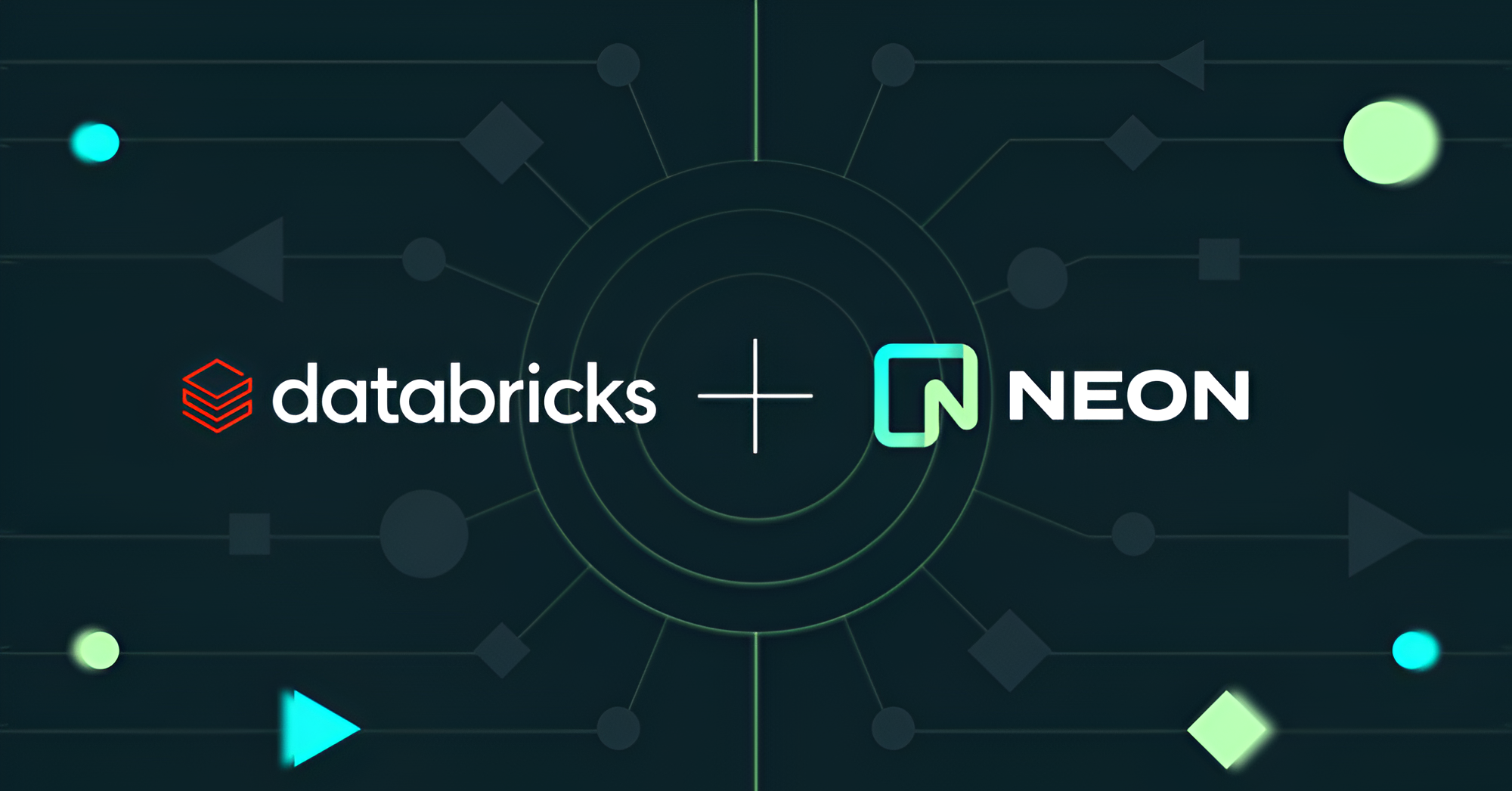Snowflake snags Crunchy Data to get enterprise-grade Postgres database

Just weeks after Databricks announced its plans to acquire Postgres database startup Neon for roughly $1 billion, cloud data platform rival Snowflake announced an agreement to buy another Postgres startup, Crunchy Data, for $250 million.
While Snowflake and Databricks are each acquiring leading open source PostgreSQL providers to expand the capabilities of their platforms, there is a difference in the two companies’ motivation, said Devin Pratt, an IDC analyst who covers database technologies.
"While these acquisitions reflect ongoing competition between the two companies, Snowflake’s move was also driven by market demand and customer interest in enterprise-grade PostgreSQL solutions," he said. This deal gives them direct access to that and the employees who built it, while Databricks was attracted to the speed and agility of the Neon database. Neon reported in a blog post that since 2024 when it began focusing on agents, 80% of databases have been created by AI agents instead of humans.
Sanjeev Mohan, a former Gartner analyst who now runs his own firm, SanjMo, agreed with Pratt that the reasons to buy these companies were varied, as is the focus of the database associated with each company.
“Neon and Crunchy are very different databases, even though they are both Postgres. Neon is actually an edge-based, very lightweight, serverless database. It spins up and goes away, sometimes within seconds,” Mohan explained. That is a huge advantage for Databricks in an agentic world where speed is going to matter as more developers rely on agents to write code for them.
Neon and Crunchy are very different databases, even though they are both Postgres.
~Sanjeev Mohan, database analyst
“Now, Crunchy (which has been around much longer) has very deep roots in the Postgres community. They have committers (people who contribute regularly to their open source Postgres project) and have built a database that is DOD-level hardened. They have been their own Kubernetes operator for many years now. So Crunchy is a much more enterprise-ready database compared to Neon,” he said.
Snowflake Postgres
Alongside the acquisition, Snowflake also unveiled Snowflake Postgres, an enterprise-grade version of the database, based on Crunchy Data’s open source offering. It is aimed at powering enterprise workloads.
“This move will allow us to deliver Snowflake Postgres, a new kind of Postgres designed to power the most demanding, mission-critical AI and transactional systems at enterprise scale and with enterprise confidence,” the company wrote in a blog post announcing the acquisition.
Mohan also pointed out that the Snowflake deal was in no way an answer to the Databricks-Neon coupling and had actually been in the works, even before Databricks made its announcement.
Owning the data lifecycle
If you’re looking for the core motivation behind the Crunchy acquisition, Mohan sees it as a move on Snowflake’s part to control the full data lifecycle. That includes both the operational and transactional sides, something that Databricks was trying to do as well. With these acquisitions both companies get a transactional database of their own.
Mohan sees Snowflake's move especially appealing to companies who are looking for a single vendor to manage all their data needs, and he says Snowflake is definitely making a move with this acquisition to be a one-stop data stack shop.
While Crunchy gives up the independence it’s had since its 2012 founding, it gains access to a much larger ecosystem to keep building on its open source Postgres vision. “With this announcement, we look forward to the next chapter of enabling Postgres adoption at an even larger scale. Joining Snowflake creates the potential to expand our contribution to the Postgres ecosystem and community,” Crunchy Data’s Paul Laurence wrote in a blog post announcing the change to customers.
Whether it expands its contribution, and its prior commitments to open source as part of a much larger organization, remains to be seen, but Snowflake indicated the deal should be closing imminently, subject to typical closing conditions.
Featured photo by Kelly Sikkema on Unsplash
Note: This is an expanded version of a story that first appeared in FastForward #25.





